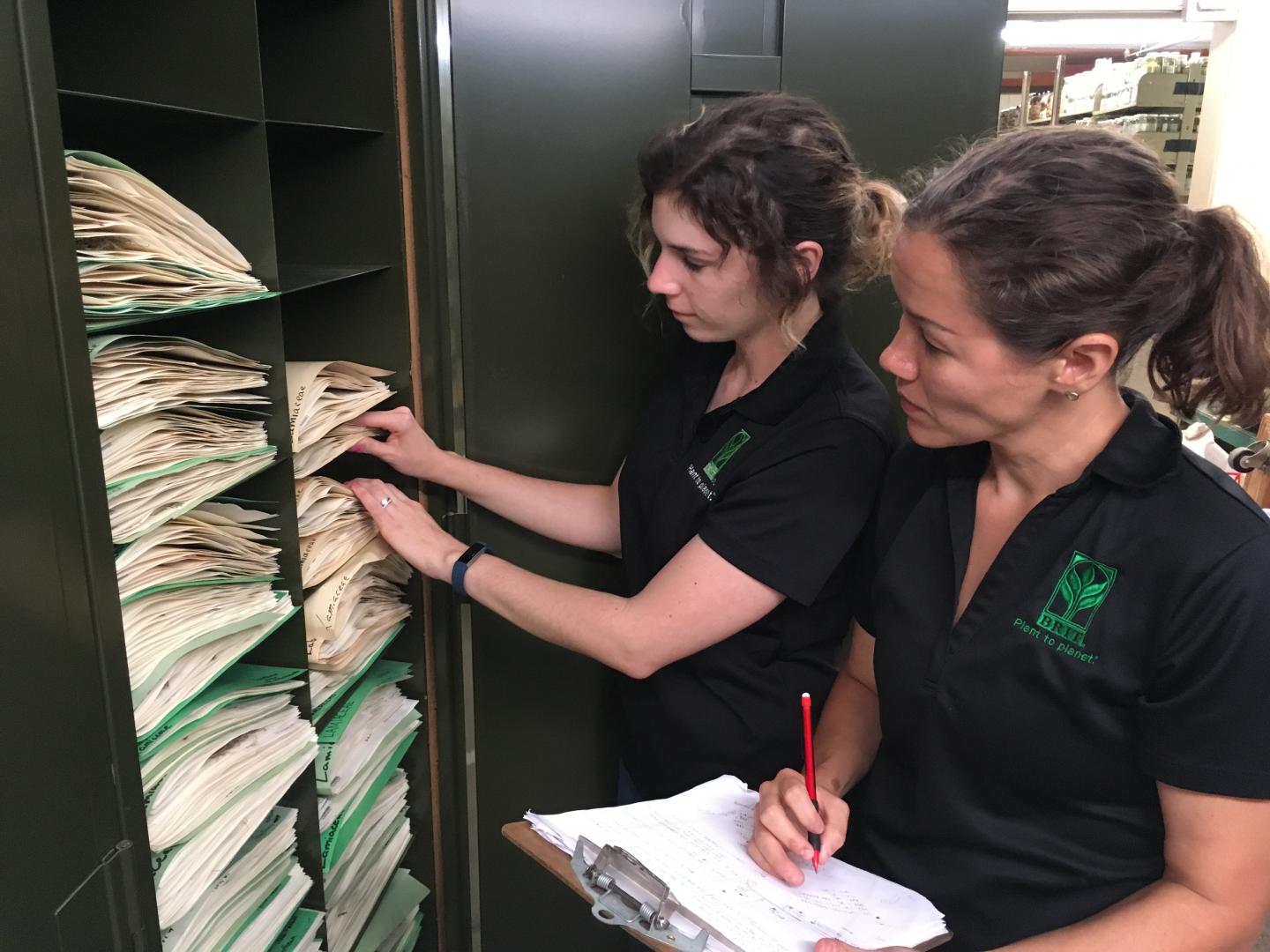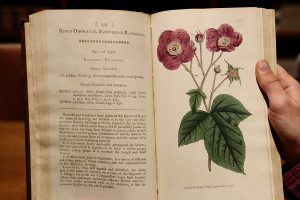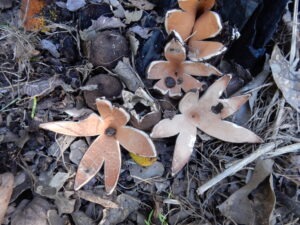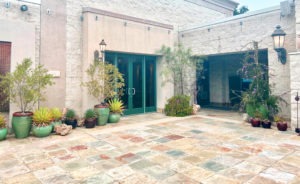FORT WORTH, TEXAS (July 3, 2017) – The Botanical Research Institute of Texas (BRIT®) is pleased to announce the nonprofit has been selected to receive almost half a million plant specimens that have been orphaned by the University of Louisiana at Monroe (ULM). This acquisition will increase the total number of specimens housed by the institute to more than 1.3 million and will place BRIT’s herbarium among the top ten (in specimens housed) in the United States.
The ULM collection represents more than 99 percent of the species in Louisiana’s vascular flora and is considered to be the state’s most complete record of plants.
“BRIT’s herbarium was designed to house over two million plant specimens,” said Ed Schneider, president and executive director of BRIT. “Orphaned herbarium collections such as this one are just the type of acquisitions we had in mind as our headquarters building was being designed. Safeguarding and protecting plant specimens for research and education is our Institute’s mission.”
Rescuing the University’s herbarium will help conserve the natural heritage of Louisiana and the surrounding regions in which collections were made. Louisiana is considered uniquely vulnerable to a suite of environmental threats, including extreme weather, land subsidence, wetlands loss, and ocean acidification. Securing the collections at BRIT ensures that they will continue to be available as a resource for science and the public and be maintained and protected in a modern facility for scientific specimens.
The ULM specimens will join BRIT’s extensive collections of US and world plants, providing a wealth of scientific information to students and researchers.
All preparations for the move will be completed within the first half of July, 2017. The move will proceed during late July-early August. The specimens will be transferred in temperature-controlled trailers equipped with freezers capable of reaching -29C to eradicate all insect threats. Once in Fort Worth, the plants will remain inside the freezers for an additional seven days, prior to being incorporated into BRIT’s herbarium.






